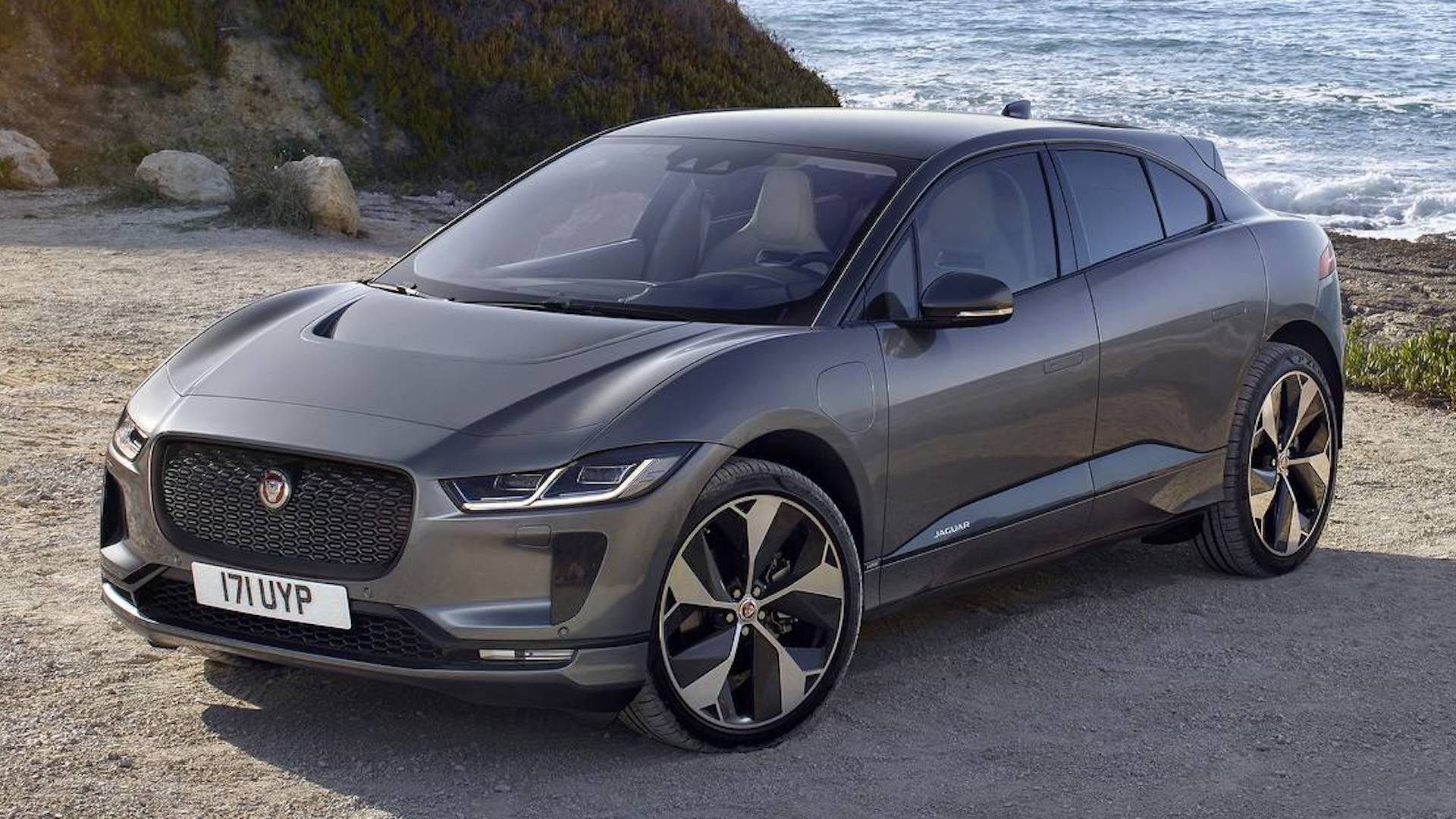The United Kingdom may extend the timeline for banning the sale of internal combustion engine (ICE) vehicles from 2030 to 2035, according to reports. This shift in policy, which is yet to be officially confirmed but has been reported by BBC News, would bring the UK in line with European countries within the European Union who have also set a 2035 deadline for such bans. The potential change is part of a broader reevaluation of climate commitments by Chancellor Rishi Sunak’s government as it strives to achieve net-zero emissions by 2050.
Chancellor Sunak hinted at the policy adjustment, stating, “I am proud that Britain is leading the world on climate change. We are committed to net zero by 2050 and the agreements we have made internationally – but doing so in a better, more proportionate way.” He suggested that governments may not have been entirely transparent about the costs and trade-offs associated with prominent green policies, potentially misleading the public about the feasibility of simultaneous goals.
The Prime Minister has faced pressure from right-wing Conservative backbench MPs to reconsider existing climate plans, especially in anticipation of an upcoming general election scheduled for the next year. Some segments of the UK automotive industry have also raised concerns about the practicality of the government’s original 2030 ban proposal, which, as it currently stands, permits the sale of only electric cars and specific hybrid vehicles after 2035.
While the delay in the ICE vehicle ban is attracting significant attention, it is worth noting that other aspects of the UK’s climate pledge may also be under review. Allegedly, Chancellor Sunak is contemplating a slower phase-out of household gas boilers, a move that could impact emissions reduction efforts.
Chancellor Sunak’s Conservative party recently secured victory in a parliamentary election to fill the seat vacated by former Prime Minister Boris Johnson. Their success was partially driven by opposition to the expansion of London’s ultra-low emission zone scheme. The potential delay in the 2030 ICE vehicle ban is seen as another means to garner support from drivers who may not be ready to transition to electric and hybrid vehicles.

